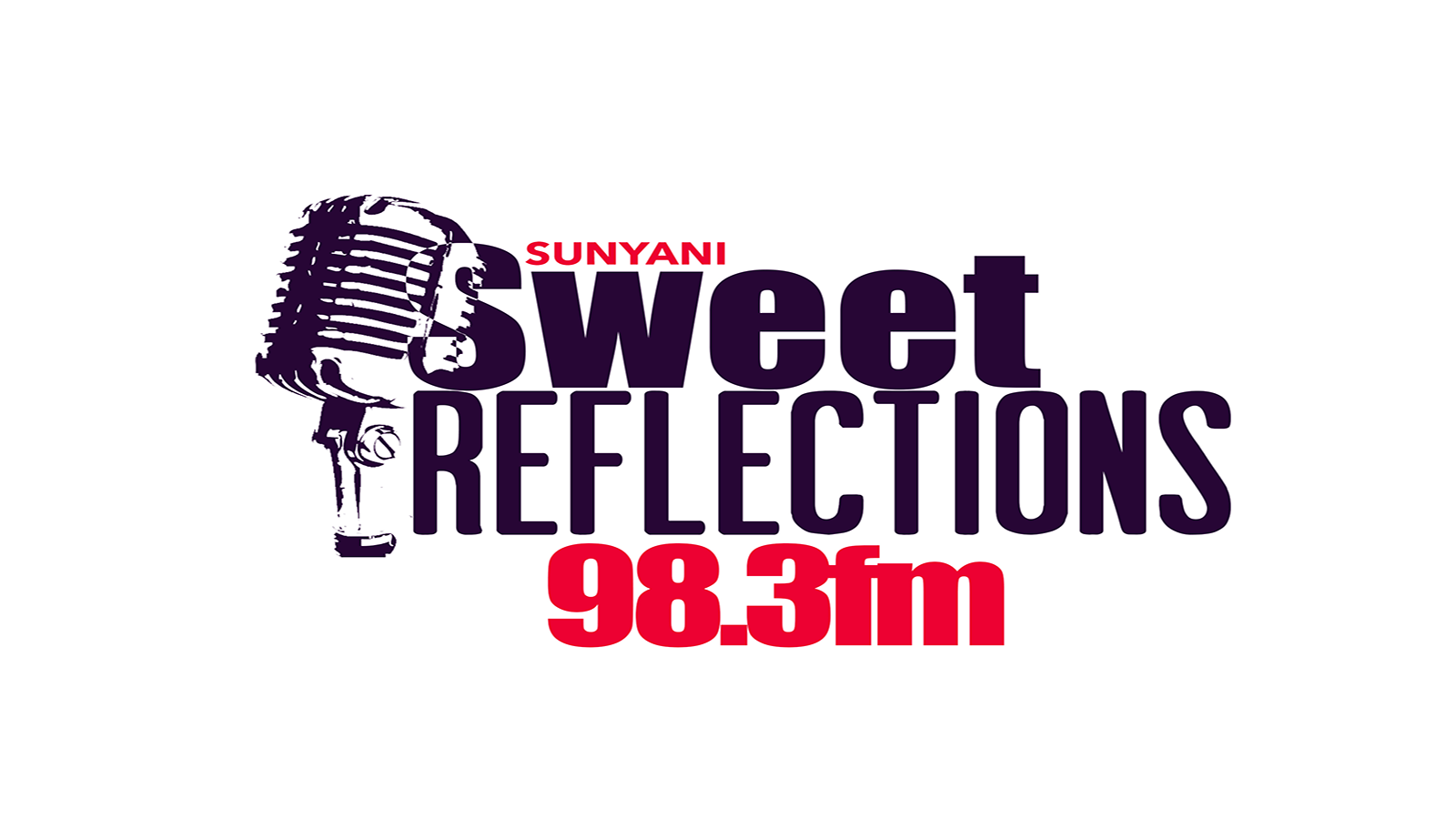The U.S. envoy to Uganda has been denied access to the country’s opposition leader Robert Kyagulanyi, who was incumbent President Yoweri Museveni’s closest rival in last Thursday’s general elections.
Since the election, Kyagulanyi, a popular musician turned politician, has not been allowed to leave his residence. Armed security operatives have surrounded his house since Jan. 14.
The envoy’s Monday visit according to the U.S. mission here was intended to find out Kyagulanyi’s condition.
Uganda has protested the visit saying it is another form of foreign interference in local affairs, which is contrary to international practice.
Throughout the election process since late last year, Uganda has decried continued foreign interference in its domestic affairs.
President Museveni on Thursday last week warned that foreign meddling in Uganda’s affairs will not be tolerated. Museveni, who was speaking soon after he was declared winner of the polls, said it is mainly western powers that interfere in domestic affairs.
“I will not tolerate foreigners to interfere in our affairs. If foreign interference was a source of wealth, Africa would be the richest continent in the whole world because we have had all sorts of interference of slave trade, colonialism, neocolonialism,” Museveni said.
“Everything in foreign meddling we have had. Now, we don’t want any of it here in Uganda.” Museveni argued that Uganda is ready to engage in meaningful debate with foreign powers but not from the position of master-servant.
“If you are a friend, we can talk, we can exchange opinions but don’t interfere in our affairs because we don’t interfere in yours,” the president said.
Crispin Kaheru, an independent election observer told Xinhua that unlike previous general elections, this time fewer observers were accredited to observe the elections.
Kaheru said this time there were a total of 486 foreign observers compared to the over 1,500 observers in the previous elections. While the low turn up may be due to the ongoing COVID-19 pandemic, there are other factors like the stringent government accreditation procedures.
The U.S. mission applied to have its diplomatic observers accredited but Uganda’s Electoral Commission denied 75 percent of the requests. Only 15 observers were accredited. Following the Electoral Commission decision, the U.S. cancelled its observation of the election.
During the election process, which started in November last year and culminated on Jan. 14, with the general election, the ruling party, National Resistance Movement insisted that the main opposition presidential candidate, Kyagulanyi was financed and supported by foreign powers.
Source: GNA





